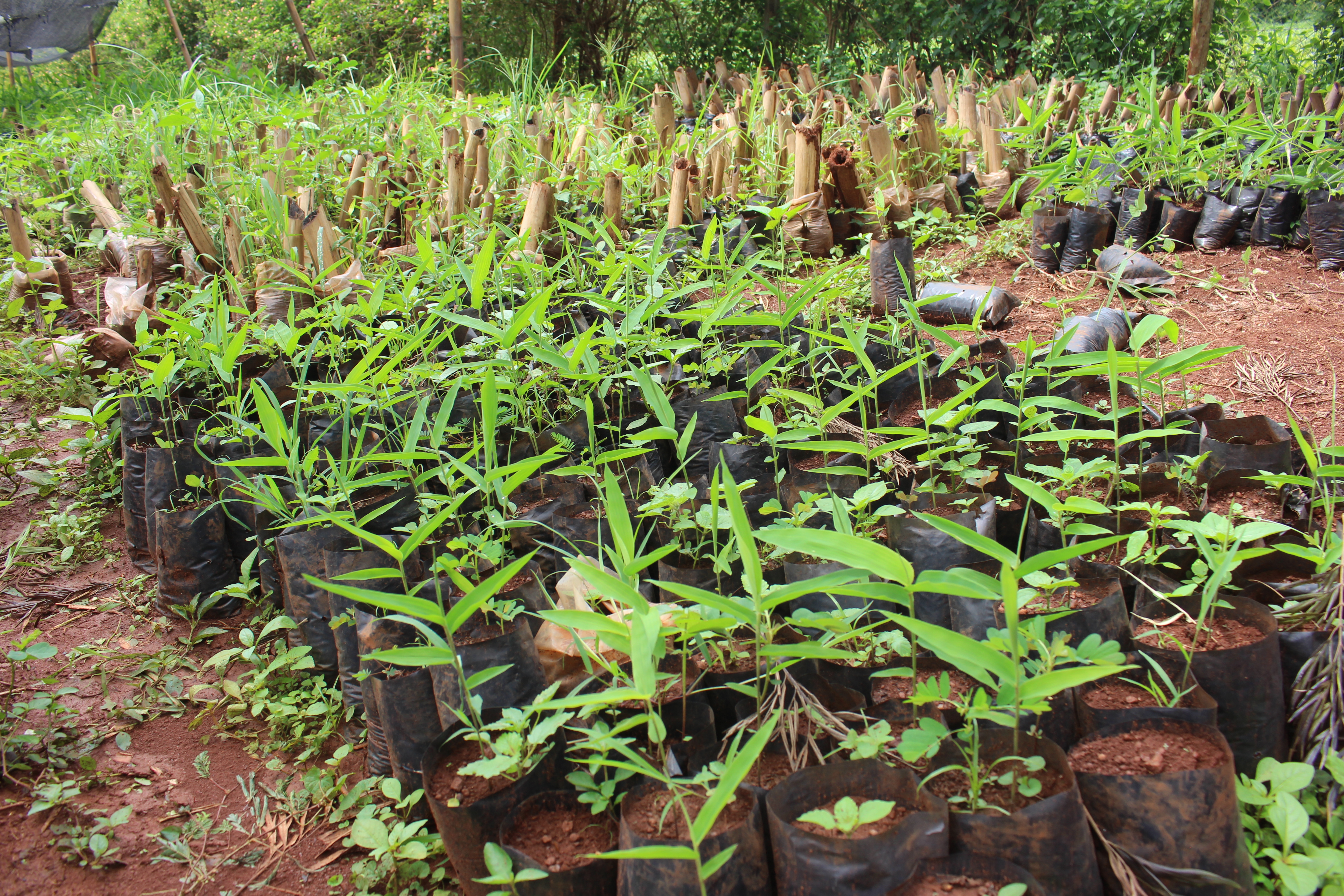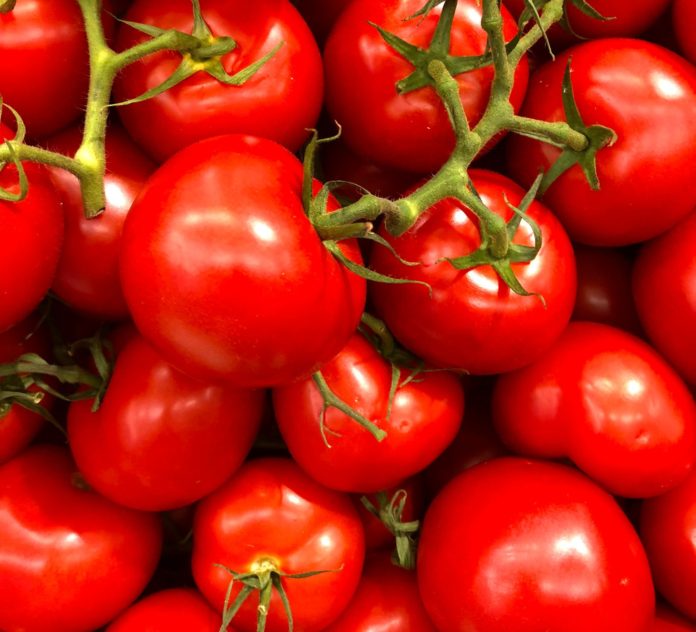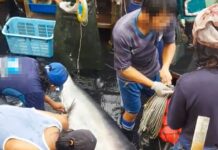By Clifford Akumu
Nairobi, Kenya: To combat the misuse of crop protection products by farmers, industry players have urged the government to capacity build institutions working in the area.
Okisegere Ojepat, Chief Executive Officer of the Fresh Produce Consortium of Kenya stressed the need capacity build county government extension officers, industry service providers to enable them to support and empower the growers and users of the products with knowledge and best practices.
Mr. Ojepat, speaking during a virtual media briefing by Africa Science Media Centre (AfriSMC), called upon the government to fund the Pest Control Products Board with more resources to enable them to carry out their mandate of enforcements, dealing with porous borders and weeding out counterfeit crop protection products.
“We would not like our agriculture and food security to be threatened. In Africa, and parts of Kenya in particular, we cannot produce anything sustainably without using a measure of plant protection because of being geographically located in the tropics,” Ojepat noted, adding that Kenya is already dealing with a plethora of pest outbreaks including Tuta absoluta in tomatoes, fruit flies and weevils in mangoes.

Pesticides, he said, are used for purposes of crop protection and are by nature poisonous-killing targeted pests. However, they are not used holistically alone but are part of the integrated pest management (IPM)-a combination of approaches used to manage the pest menace.
And without these interventions, crop pests and diseases contribute to about 30-40 percent loss in yields, which is equivalent to an annual loss of between Sh19.3 billion to Sh23 billion.
In Kenya’s food basket counties, maize farmers are already counting losses from invasive alien species such as the spotted stem borer, Maize Lethal Necrosis Disease (MNLD). Inability to tackle these pests, Ojepat said, will lead to insufficient production reducing farmers’ income and impacting their livelihoods.
It will further make food expensive making it inaccessible to the majority of the Kenyan population leading to food insecurity, he added.
Ojepat took issue with the European Union’s decision to consider hazard assessment that has necessitated the push to withdraw about 262 molecules, noting it was not science-based because it is just an indication.
He called on the EU to reconsider its approach and adopt a science-based risk assessment that informs every decision.
“As a country, we are telling the EU that we have our own internal processes of admission and withdrawal of pesticides. We are also telling our politician friends that their legislative function should be guided by science. All the contentious molecules should be subjected by the due process as stipulated in law by the PCPB.” Ojepat said.
Ojepat also called on the EU to work together with the Kenyan industry players to look for alternative products or pesticides that farmers will use even as they insist in banning or withdrawal of certain products.
Kenyan authorities and industry stakeholders will be going back to the EU in March this year to present its position and pitch a case on what has been done so far and how it is managing the production systems.
“We have employed risk assessment tools, traceability processes and we can only assure them of safe products being delivered to their markets not only domestically or the EU but to other parts of the world,” Ojepat assured.
Lastly, Kenya needs to continue engaging in talks with all the other global trading partners to ensure the safety of our products and consumer protection measures.














